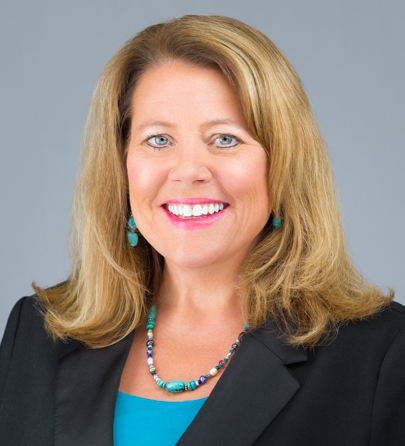Resources & guidance to help you
make the most of your money
Have any questions or topics you want some perspective on?
Submit your questions here.

Featured Post
First, I hope this post finds you and your loved ones safe and well. With the terrible state of affairs in the Ukraine, it’s personally been a reminder of how blessed I am to do what I love with people I truly care about and to have the freedom to do so! War is unpredictable. […]
Read more

EPISODE OVERVIEW: What happens when the traditional estate plan isn’t enough? Join Betty for an eye-opening conversation with elder law attorney Susie Germany to discuss the vital differences between elder law and traditional estate planning. Learn about the critical gaps most families don’t know exist in their planning. Susie reveals why elder law goes far […]

EPISODE OVERVIEW: Ever wonder why that diet worked for your friend but not for you? Join Betty for a real talk with Dr. Angela Tran, a double board-certified physician specializing in internal and obesity medicine. They’re cutting through the noise around weight loss, metabolism, and those GLP-1 medications everyone’s talking about. Dr. Tran breaks down […]

Dear Friends, Can you believe we’re wrapping up another year? I don’t know about you, but December always makes me pause and think about everything we’ve juggled—and honestly, “juggled” might be too gentle a word for what we do. This year on Betty’s Smart Ideas, we’ve had some real conversations about what it takes to […]

EPISODE OVERVIEW: Ever wondered what it takes to create an unforgettable luxury event? Betty welcomes Jaala Sheldon, a sought-after luxury event planner who traded the fashion world for entrepreneurship, and never looked back. In this candid conversation, Jaala pulls back the curtain on the event planning industry, sharing hard-won wisdom on pricing your worth, managing […]

EPISODE OVERVIEW: Join Betty as she sits down with Dr. Sonia Novotny, a board-certified OB-GYN and Menopause Society member, to demystify perimenopause and menopause. From night sweats to mood swings and everything in between, Dr. Novotny breaks down what’s really happening inside your body during this transition—and why. Discover which symptoms are normal, which ones […]

Dear Friends, We should talk about being thankful in November, but let’s skip the Instagram-perfect gratitude journals and the pressure to feel blessed while you’re fielding calls from your kid’s school, your mom’s doctor, and your team all before 10 AM. Here’s my fresh take: Real gratitude isn’t about ignoring the chaos. It’s about finding […]